This is the literal meaning of the word ‘Walthamstow’ and is as true today as it was 500 years ago. Famous for William Morris, the Boyband E17 and its Greyhound Stadium, this is a friendly oasis in the urban sprawl of East London.
If you make it to the northern end of the Victoria Line you will be rewarded with one of London’s most vibrant corners, packed with history and culture. Make the most of your day there with my favourite things to do in Walthamstow.
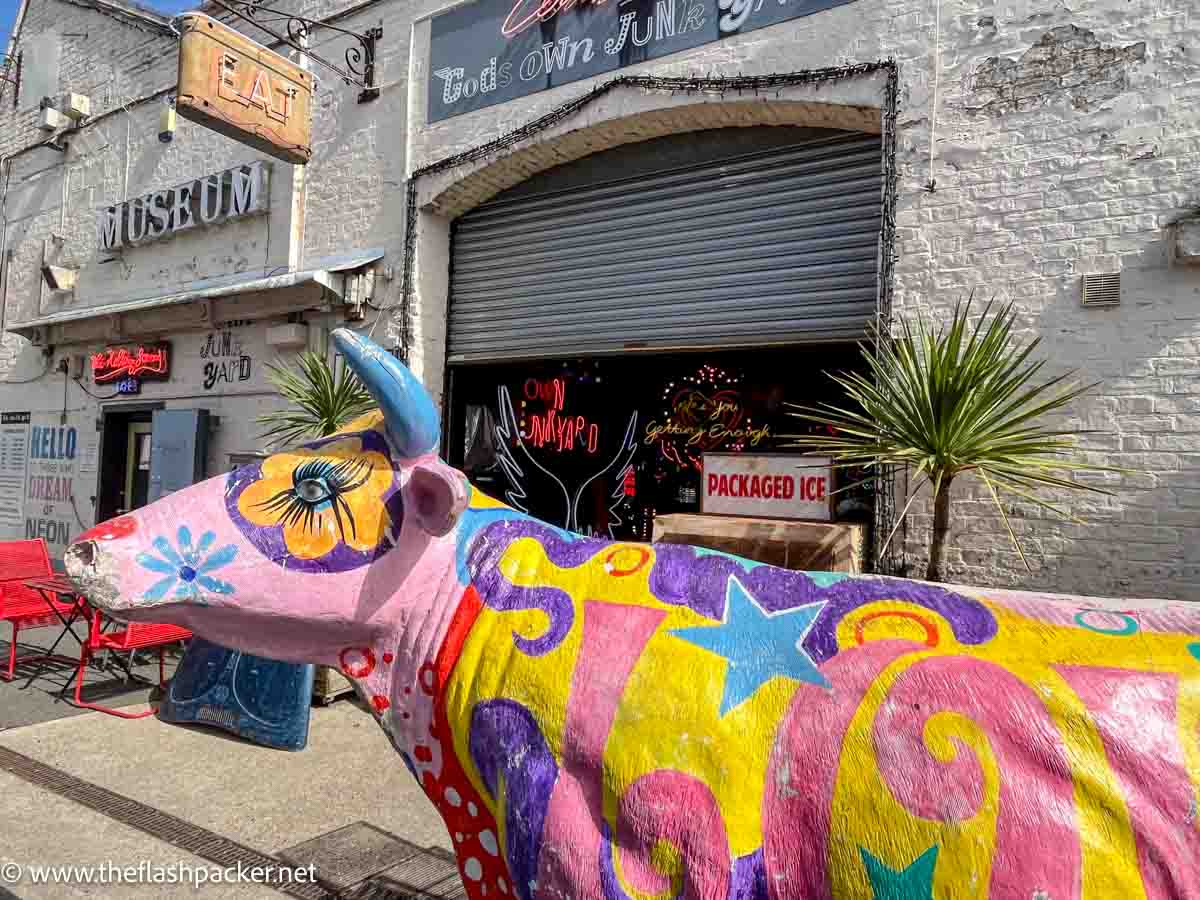
Walthamstow Village: The Historic Heart
Once a country village established in the Anglo-Saxon era, this is Walthamstow’s historic core. St. Mary’s Church is Walthamstow’s oldest building and dates to the 12th Century.
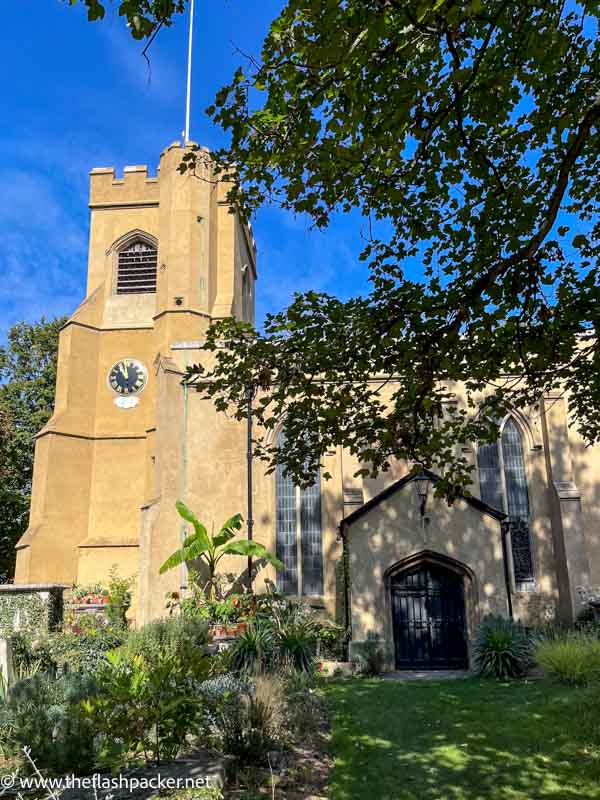
Tudor merchant and Lord Mayor of London Sir George Monoux was a church member and diarist Samuel Peyps once attended a service at St. Mary’s. The artist and socialist William Morris was baptised here (the font remains); more about him later.
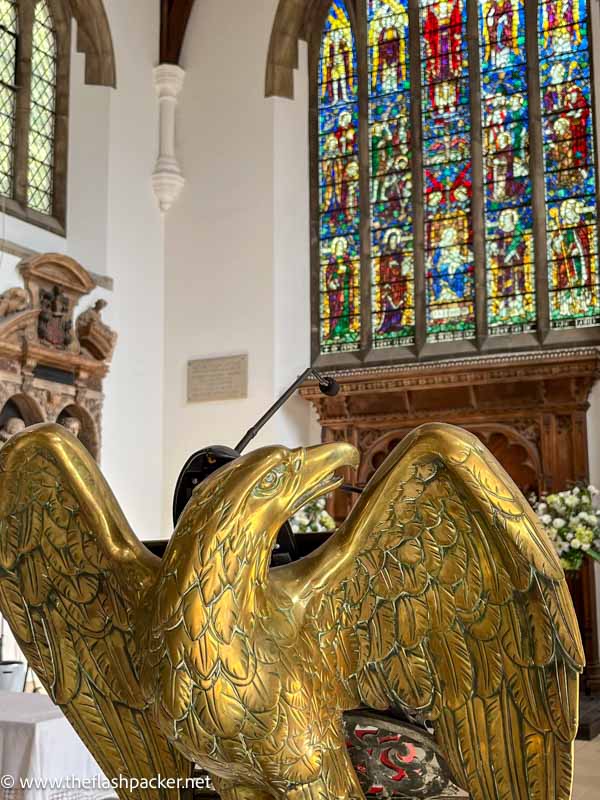
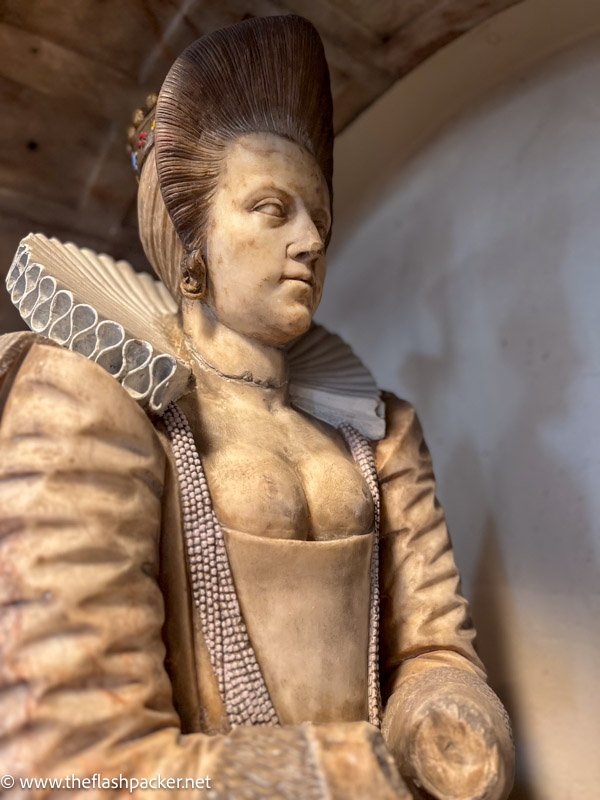
Monoux was one of the village’s most generous benefactors and founded the almshouses and schoolroom next to the church in the early 1500s. The schoolroom became the Grammar School for Boys.
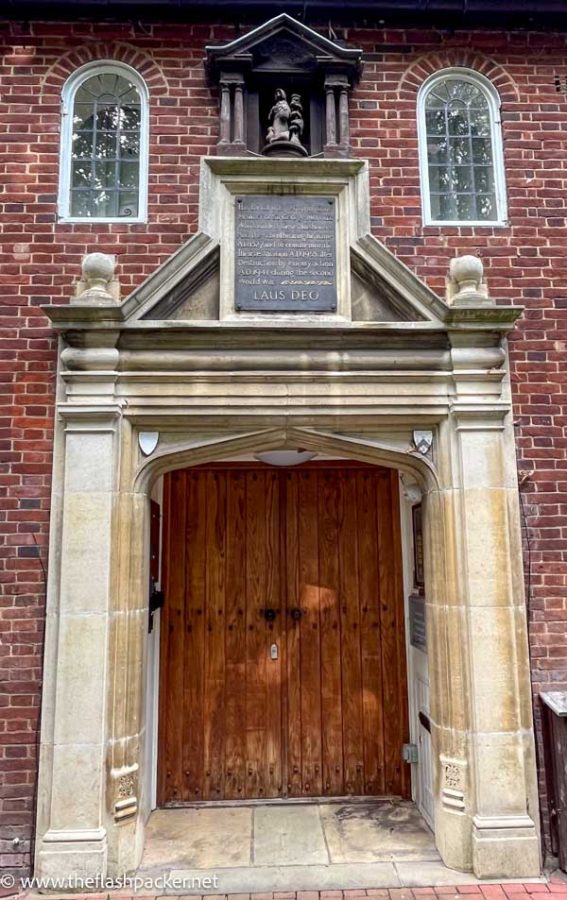
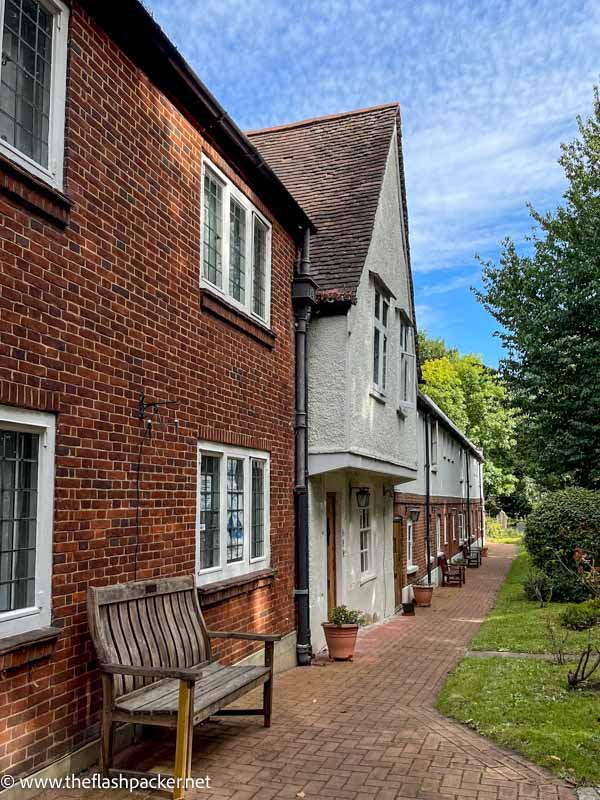
The timber-framed building opposite the southern end of the church is known as the Ancient House and dates from the 15th Century.
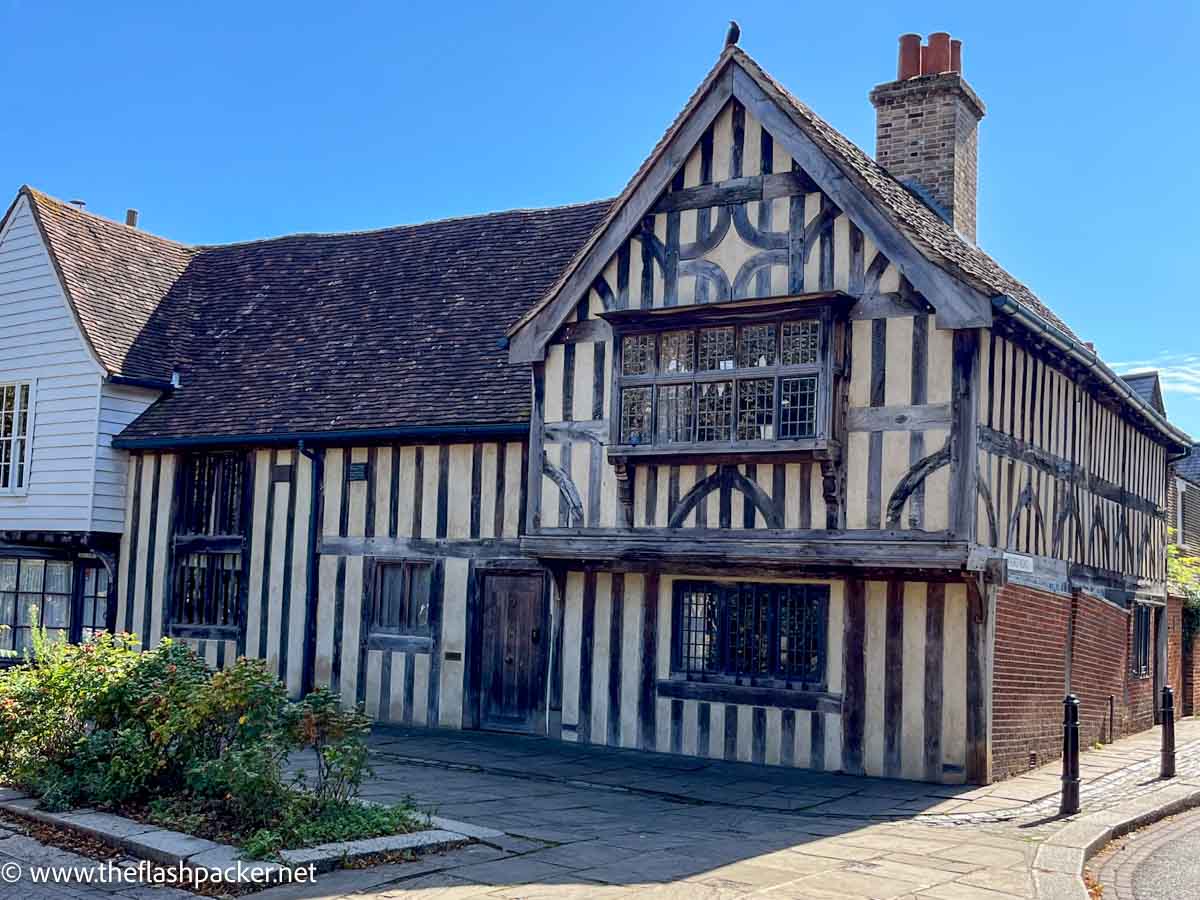
Sadly, the Vestry House Museum, a treasure trove of local history, is closed for renovation until 2026. Outside the museum is the top of a Classical column from the old General Post Office in St. Martin’s-le-Grand in the City, relocated to Walthamstow by a local resident when the building was demolished in 1912.
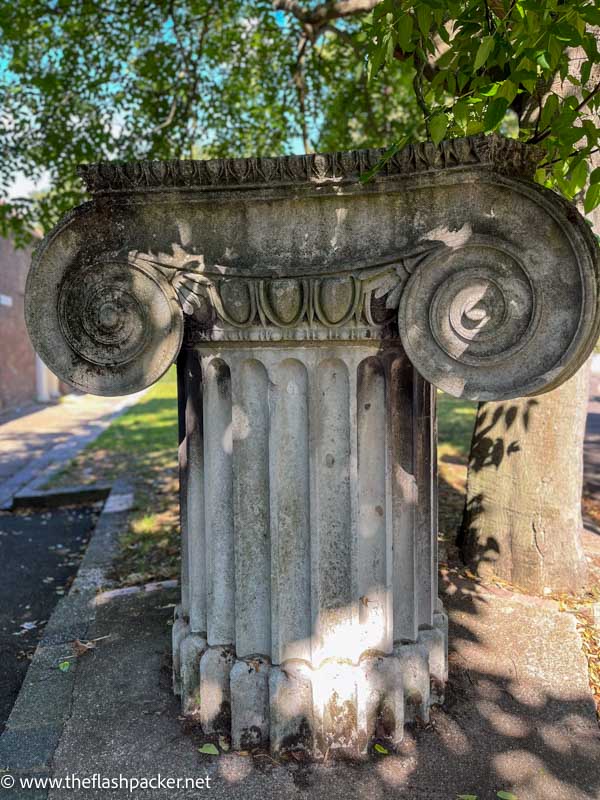
God’s Own Junkyard: Together in Electric Dreams
This neon wonderland was founded by the artist Chris Bracey, known as the Master of Glow. Both a working studio and an art gallery, God’s Own Junkyard has developed a cult following and is a cultural hotspot.
The gallery displays neon signs of all shapes and sizes, including vintage cinema, advertising displays and custom artwork. It’s an almost overwhelming medley of colour and light, from iconic figures to retro signage, serving as reminders of a bygone era.
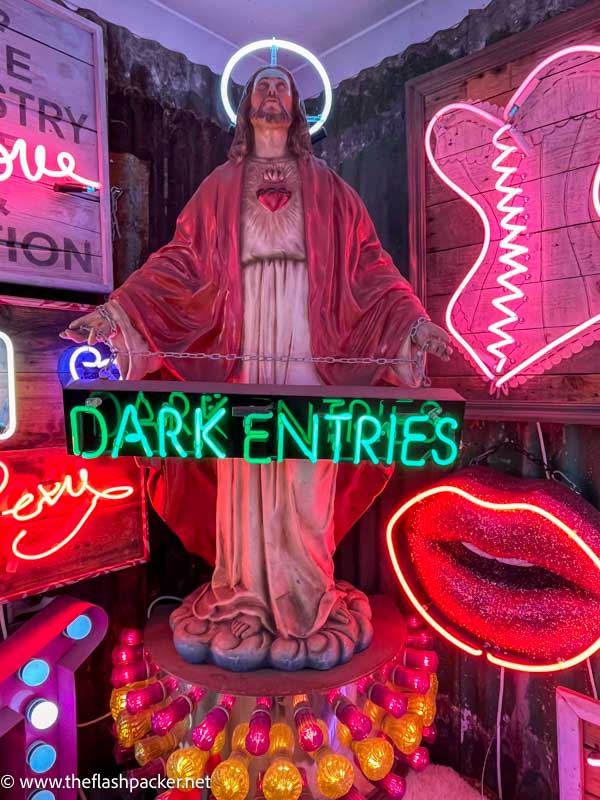
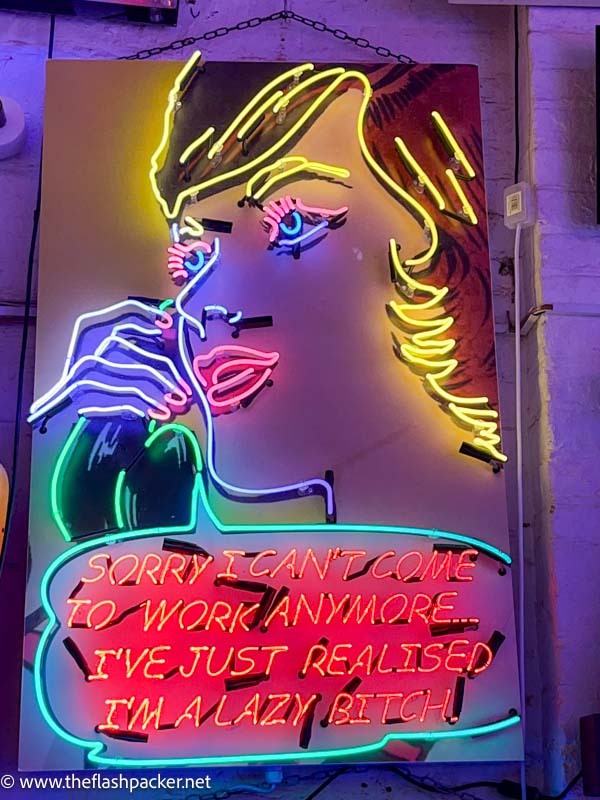
It is open from Friday to Sunday but as it sometimes shuts for private events, check the website before visiting. Beyond the visual treats, God’s Own Junkyard has a café and bar (The Rolling Scones).
Next door to God’s Own Junkyard is Mother’s Ruin, producing small-batch award-winning gins and fruit liqueurs. It’s open Friday – Sunday.
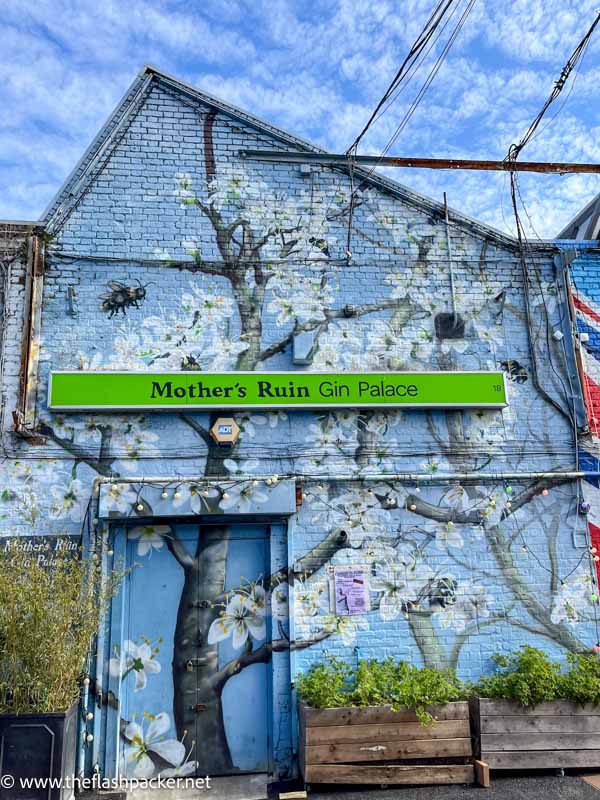
William Morris Gallery: Art & Activism
Walthamstow’s favourite son lived in this mid-18th-century house. William Morris came here with his family in 1848 but had to move eight years later in the wake of a financial crisis in the City of London.
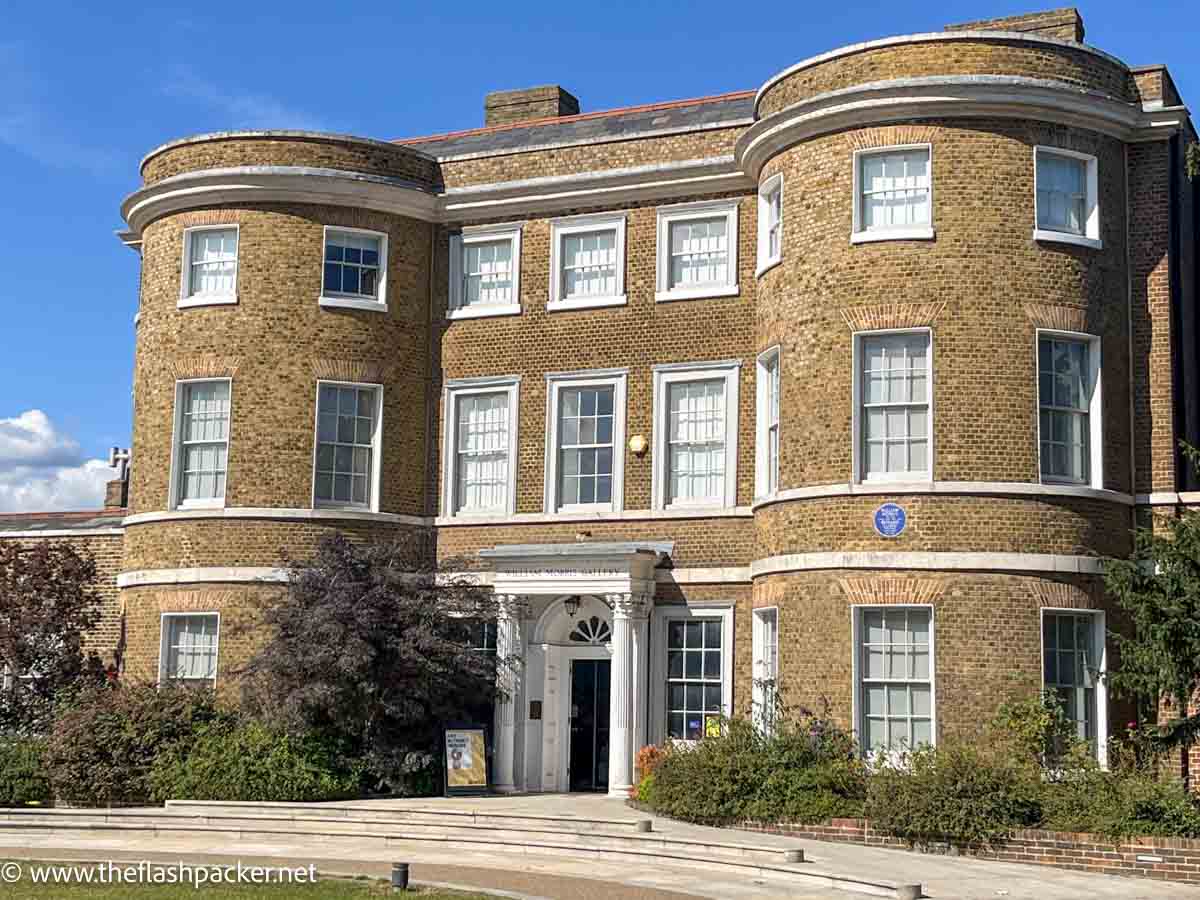
Morris was a designer, poet and socialist, famous for his key role in the Arts and Crafts Movement. He championed traditional craftsmanship and sought to bring beauty into everyday life through textiles, wallpapers and furniture designs that emphasized nature-inspired patterns.
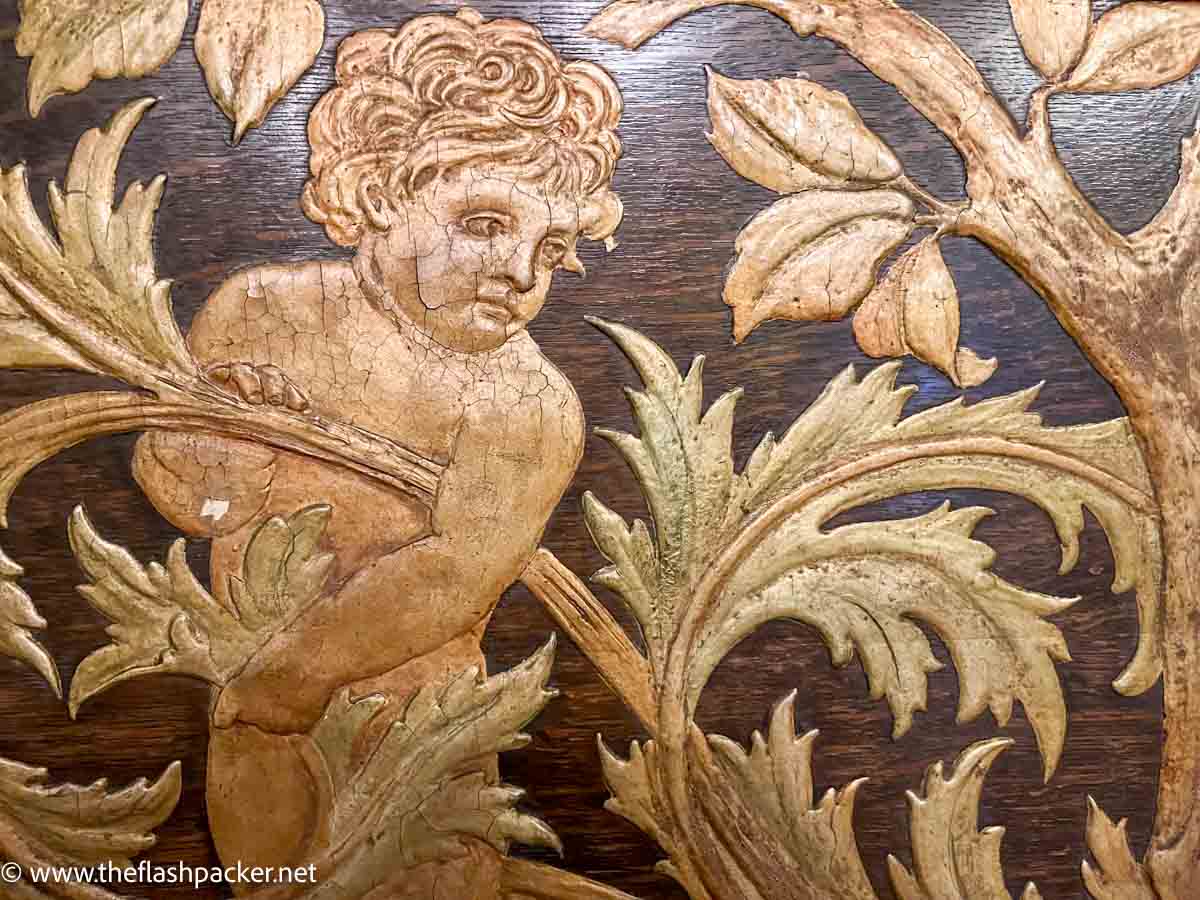
The William Morris Gallery is dedicated to his life and showcases a collection of textiles, furniture and artworks, alongside interactive displays that explore Morris’s ideas on art, society and politics.
It is open Tuesday to Sunday and free to visit. You can check opening hours on the gallery’s website.
There’s a good café – Deeney’s Café – with a terrace overlooking lovely Lloyd Park.
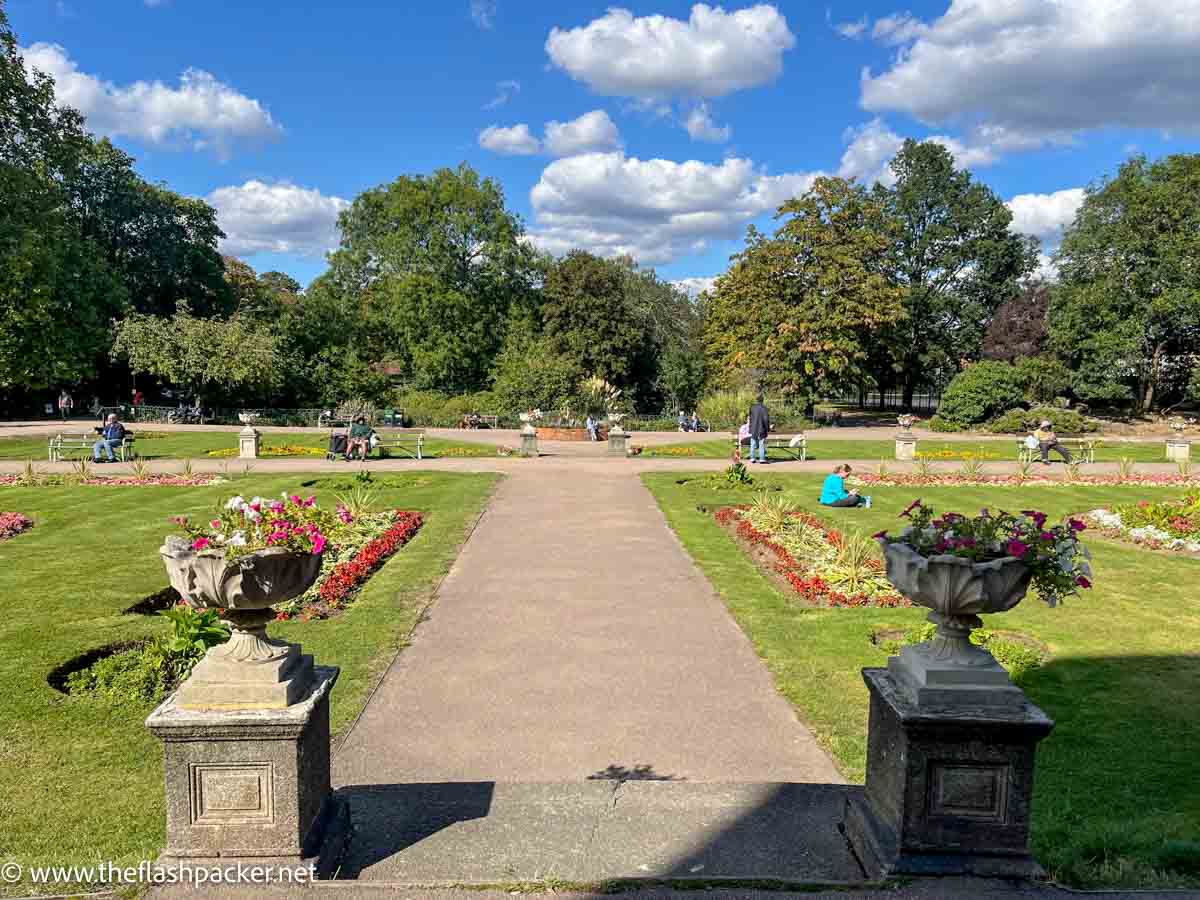
Explore Walthamstow’s Street Art
Walthamstow should be next on your list once you exhaust the murals in Camden Town and Shoreditch’s street art. Artworks come and go but key spots are Hoe Street, God’s Own Junkyard, Wood Street and St. James Street.
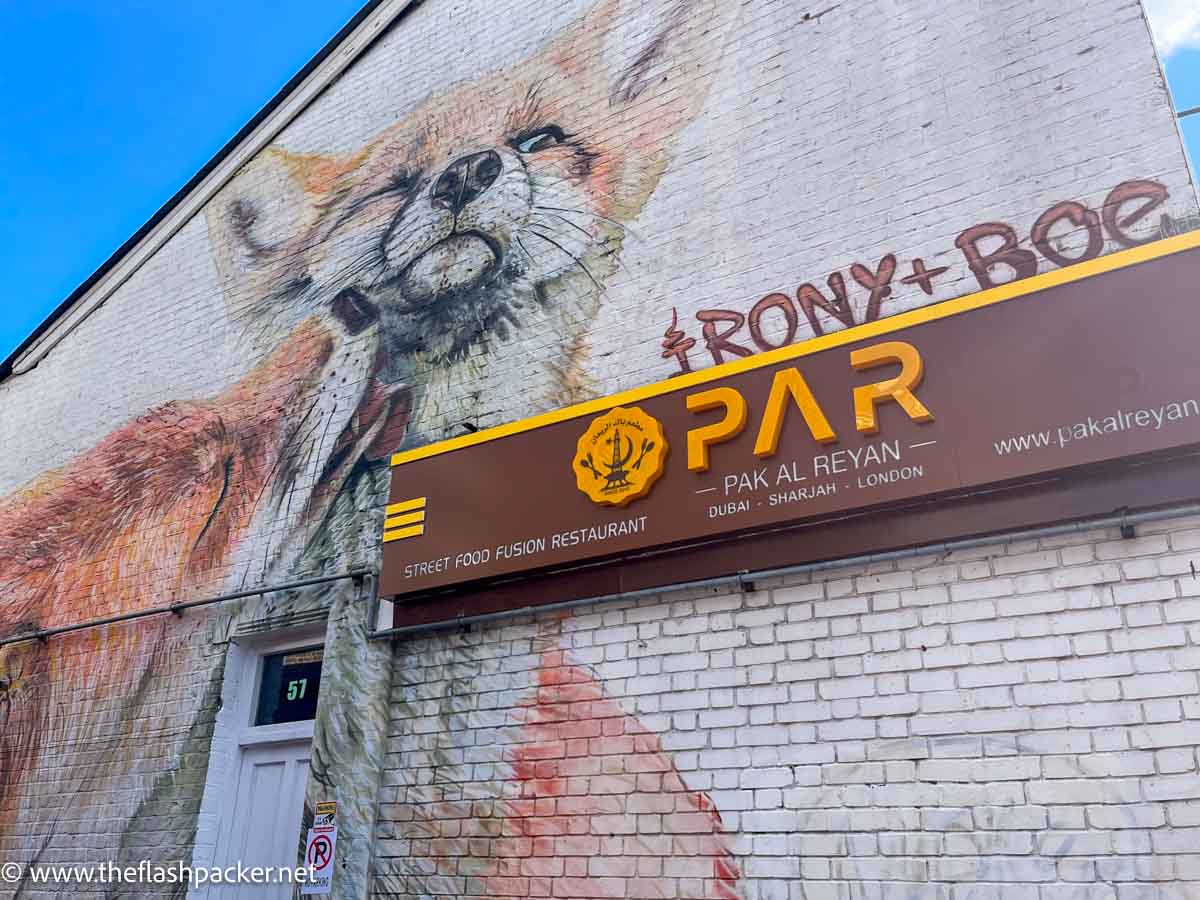
Bag a Bargain at Walthamstow Market
Despite Walthamstow’s rapid gentrification in recent years, it hasn’t lost sight of its roots. To me, buzzy Walthamstow Market is quintessential East London. This is Europe’s Longest Street Market, its 350+ stalls peddling produce from plastic bowls of fruit and vegetables to fabrics and cheap clothes.
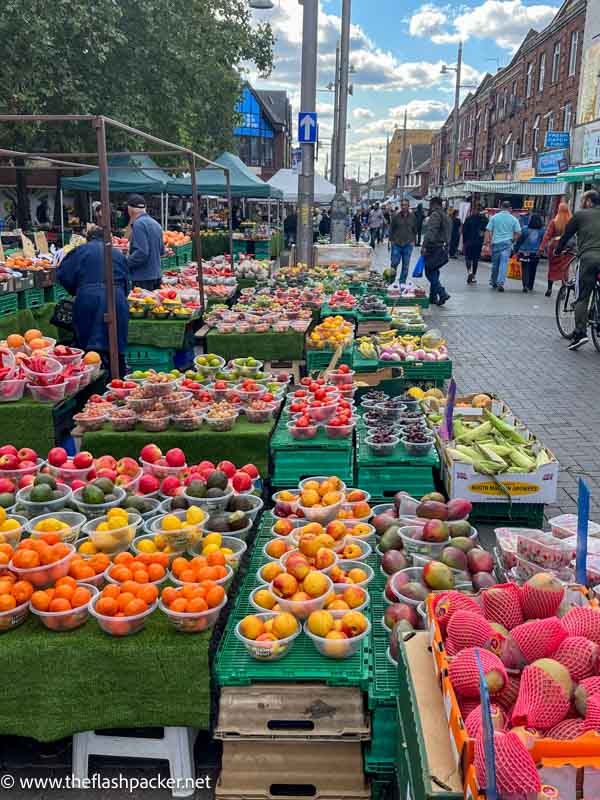
Be at One With Nature at Walthamstow Wetlands
Walthamstow Wetlands is my favourite London nature reserve.
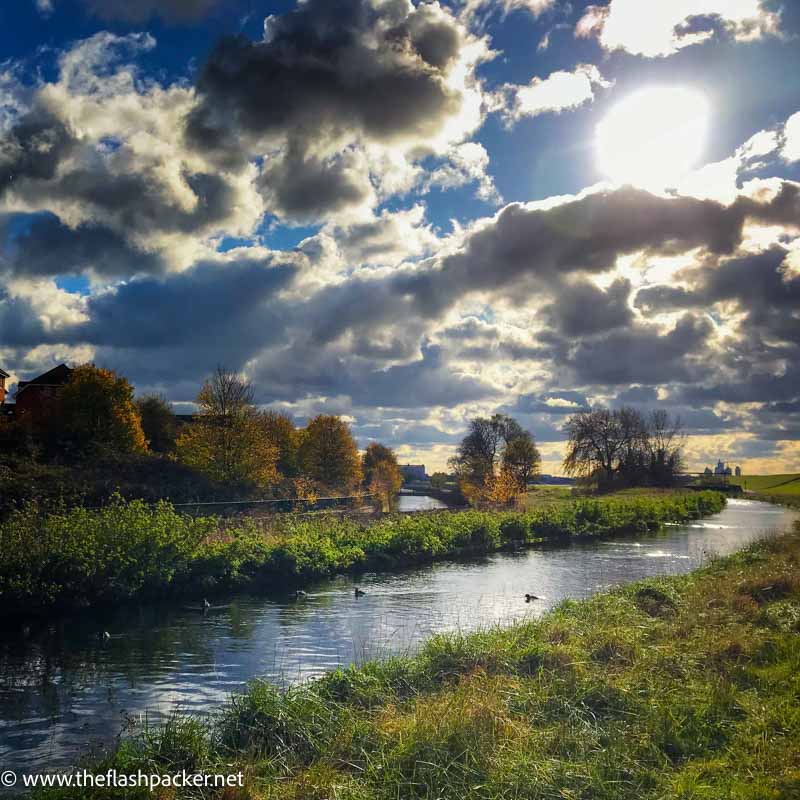
It’s vast – spanning 400 acres of reservoirs – and is home to several bird species, from rare waterfowl to majestic birds of prey. There are 13 miles of walking and cycling paths to explore, and the historic Engine House doubles as a visitor centre and café (try to bag a seat on the outdoor terrace).
The nature reserve is open daily year-round and is free to visit. Its four entrances are well-served by public transport (Tottenham Hale Tube station is the closest). It’s a 25-minute walk from the William Morris Gallery.
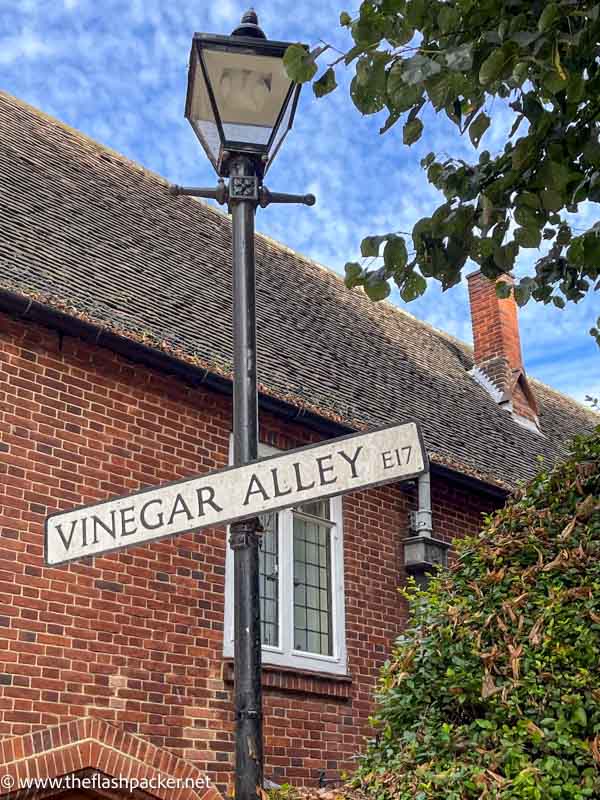
How to Get to Walthamstow
The easiest way to get to Walthamstow is to take London Underground’s Victoria Line (light blue Tube line) to Walthamstow Central at its northern end. It is also served by London Overground and is a major bus hub.
PS. If you’ve enjoyed this Walthamstow guide, pin it for later!
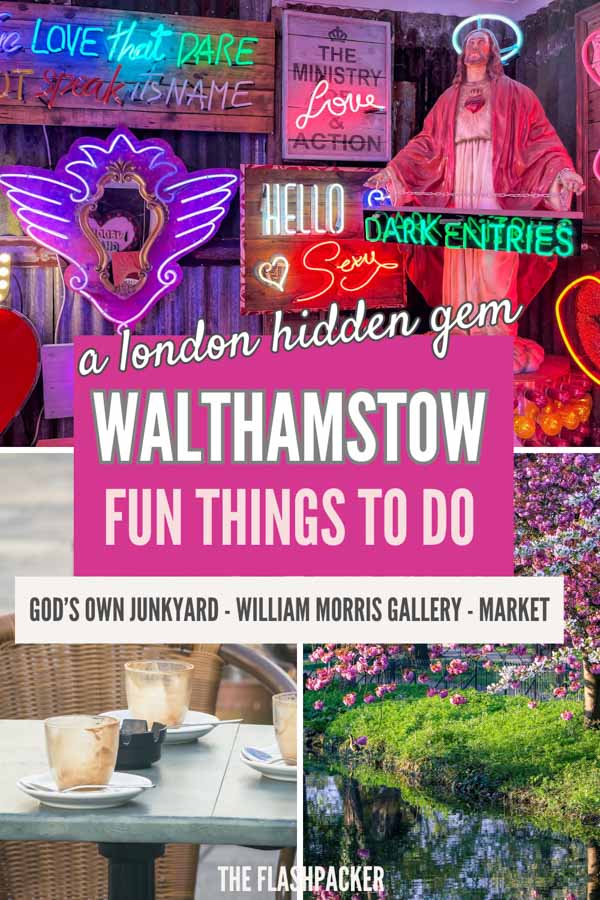
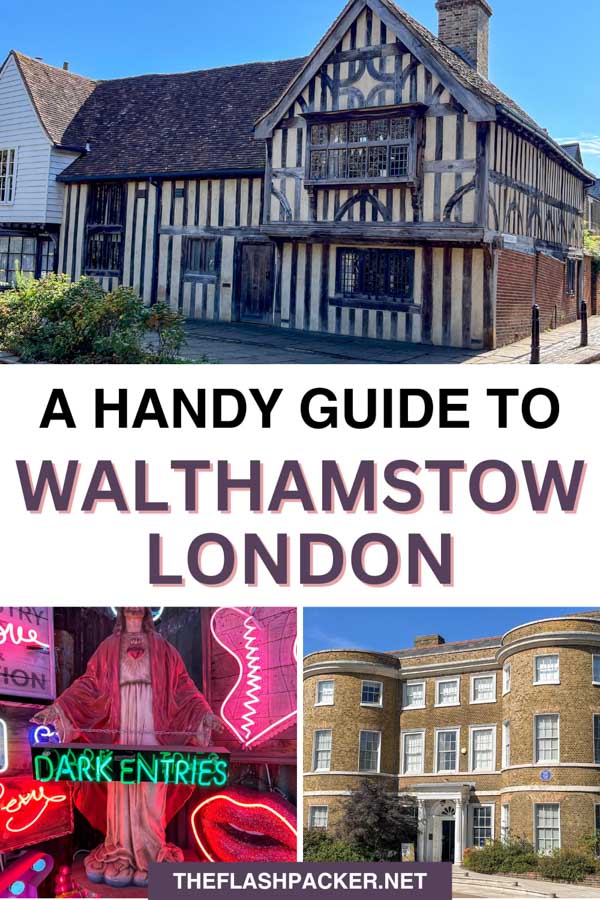

About Bridget
Bridget Coleman has been a passionate traveller for more than 30 years. She has visited 70+ countries, most as a solo traveller.
Articles on this site reflect her first-hand experiences.
To get in touch, email her at hello@theflashpacker.net or follow her on social media.
